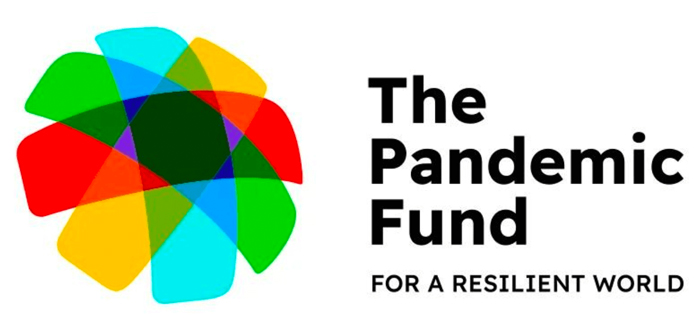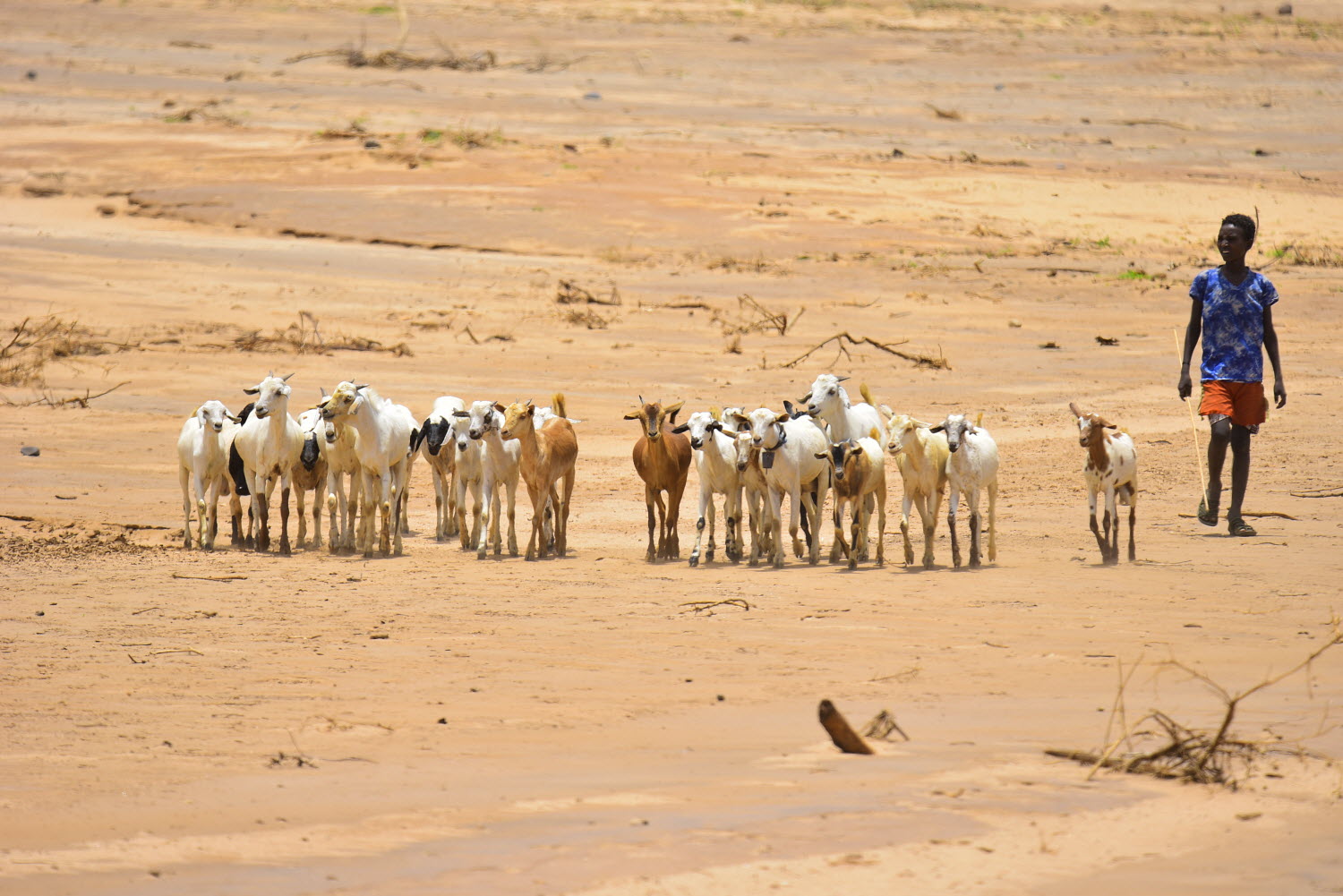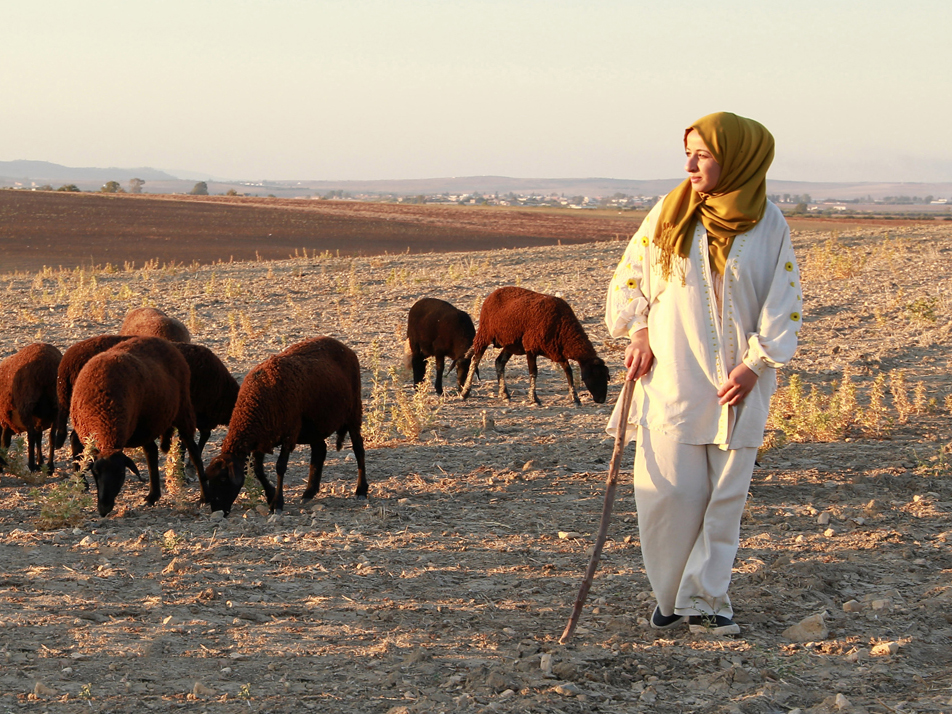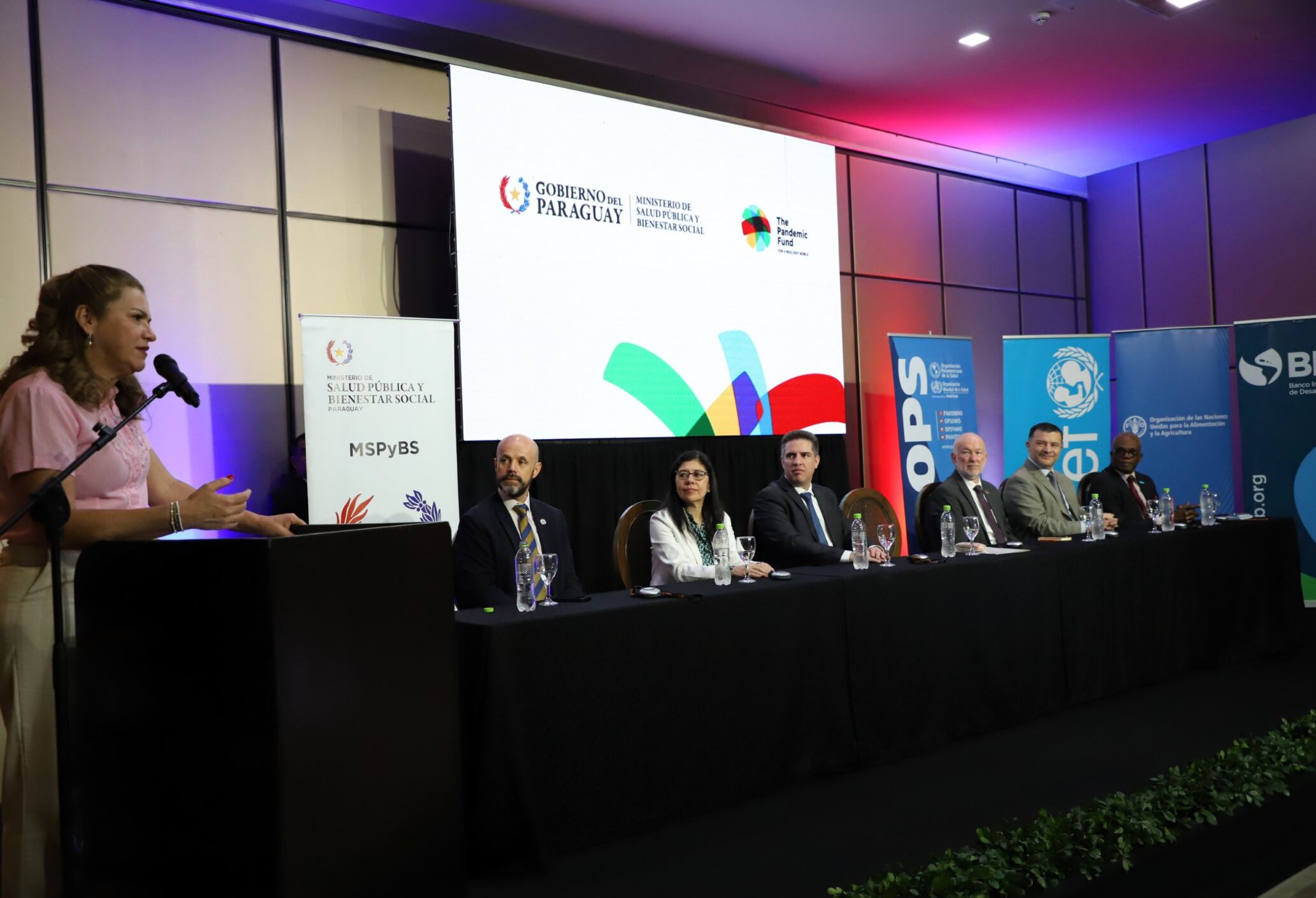
Enhancing collaborative surveillance and diagnostic readiness for pandemic preparedness and response in south-east Asia region
Bangladesh, Bhutan, India, Maldives, Myanmar, Nepal, Sri Lanka, Timor-Leste

The south-east Asia region faces unique health security challenges due to its diverse ecosystems, high population density, and climate vulnerabilities. This multi-country initiative aims to strengthen pandemic prevention, preparedness, and response capacities by fostering regional collaboration and integrating health systems under the One Health framework. By focusing on surveillance, laboratory networks, and workforce development, the project addresses systemic weaknesses while promoting cross-border coordination to mitigate future public health threats.
Implementation and key components
Led by WHO in collaboration with FAO, UNICEF, and the World Bank, the project spans eight countries—Bangladesh, Bhutan, India, Maldives, Myanmar, Nepal, Sri Lanka, and Timor-Leste. Each country will implement targeted activities aligned with regional strategies to ensure impactful and sustainable outcomes.
Strengthening collaborative surveillance
This project will enhance regional surveillance systems by integrating human, animal, and environmental health data for timely risk assessment and decision-making. It includes introducing innovative approaches such as wastewater and environmental surveillance for early detection of outbreaks. A harmonized framework will facilitate information sharing and joint risk assessments across sectors and borders.
Upgrading laboratory systems
The project will establish a regional reference diagnostic network, equipping laboratories with modern technologies for genomic sequencing and rapid diagnostics. Investments in biosafety and biosecurity measures will improve the quality of diagnostic services. Standardized quality management systems and efficient sample transport networks will further streamline operations across the region.
Advancing workforce capacities
A key focus is on developing a competent and multidisciplinary workforce through targeted training in field epidemiology, laboratory leadership, and emergency response. The project will also strengthen the capacities of community health workers to engage local populations effectively in surveillance and response activities.
Promoting community engagement
By enhancing risk communication and community-based surveillance, the project aims to build public trust and participation in health interventions. Regional networks will facilitate the sharing of best practices and foster a unified approach to pandemic preparedness.
Expected outcomes
This initiative is expected to establish a resilient regional health system capable of preventing, detecting, and responding to pandemics effectively. It will improve compliance with international health standards such as the International Health Regulations (2005) and significantly enhance Joint External Evaluation (JEE) and Performance of Veterinary Services (PVS) scores. Beyond health security, the project will contribute to socio-economic stability by mitigating the far-reaching impacts of health crises, ensuring equitable access to essential services, and fostering regional solidarity.
Implementing Entities
FAO, UNICEF, WHO, World Bank
Priority areas
- Early warning and disease surveillance systems
- Laboratory systems
- Human resources/public health and community workforce capacity
Total budget
USD 15,484,719
Total co-financing
(in kind and cash)
USD 504,865,750
Total co-investment
(in kind and cash)
USD 367,011,500
Find out more

Projects
FAO and the Pandemic Fund
FAO is co-leading the implementation of 32 Pandemic Fund projects worth over USD 165 million aimed to boost local and global health security.

Highlights
Pandemic Fund’s third call for proposals
The Pandemic Fund has announced its third Call for Proposals, with an envelope of USD 500 million to enhance pandemic preparedness and response with a focus in low- and middle-income countries.

Highlights
Global fight against pandemics gains momentum as projects launch with FAO support
The first of Pandemic Fund projects launched at national level, including Ethiopia, Paraguay, Central Asia countries, and Yemen.
